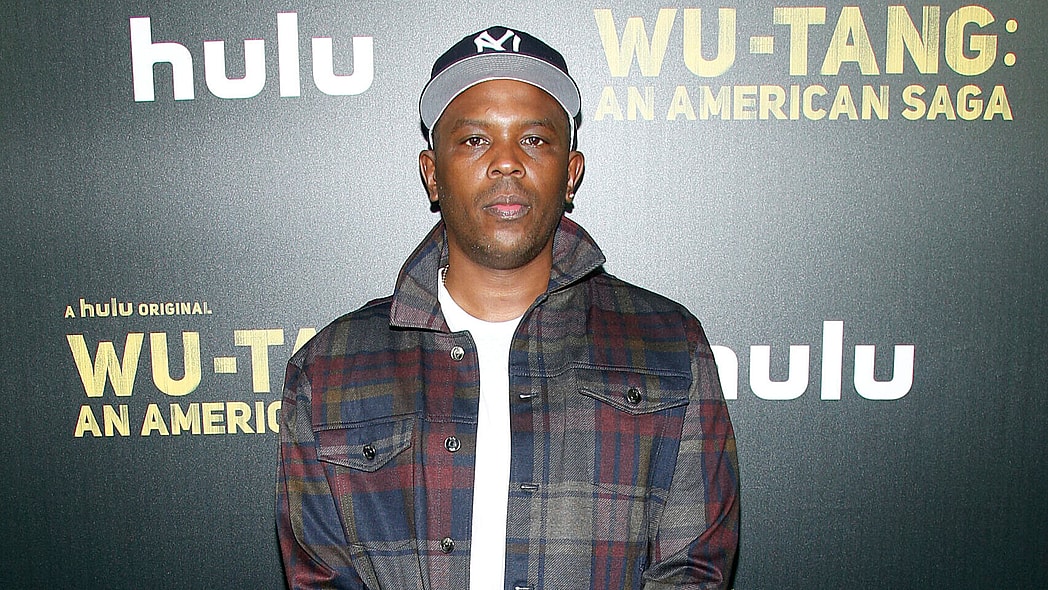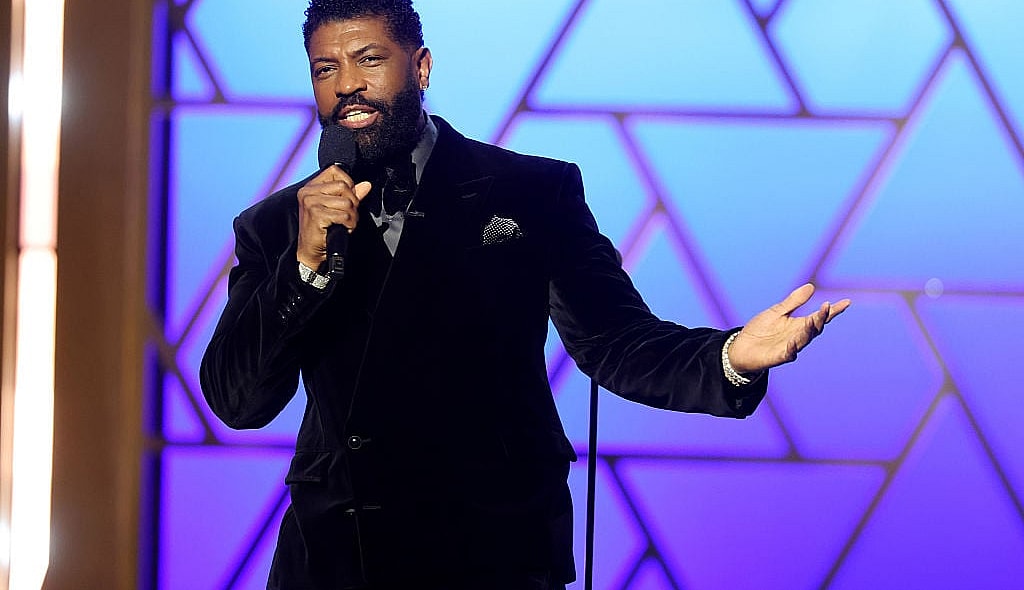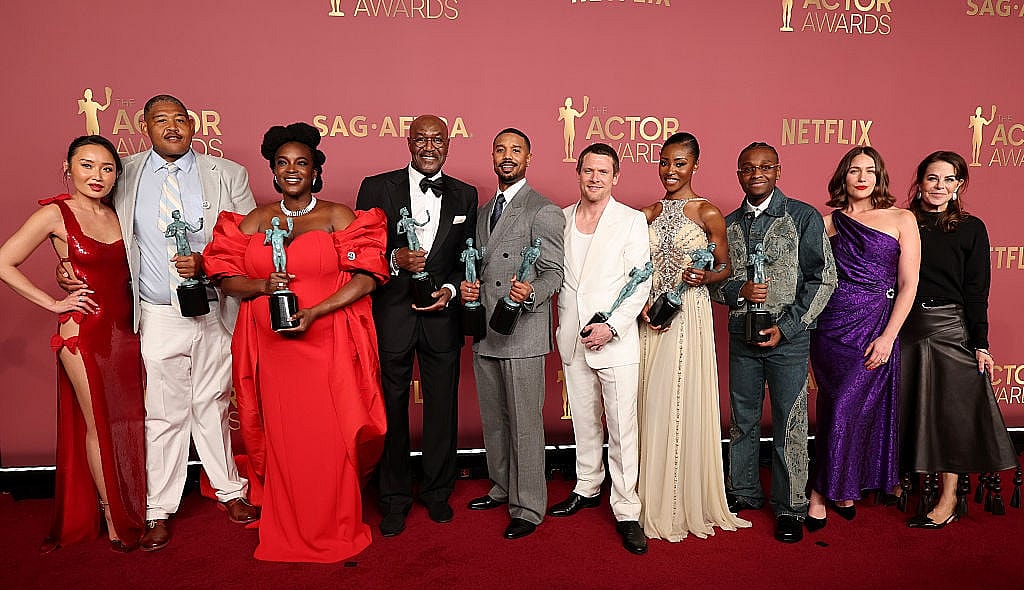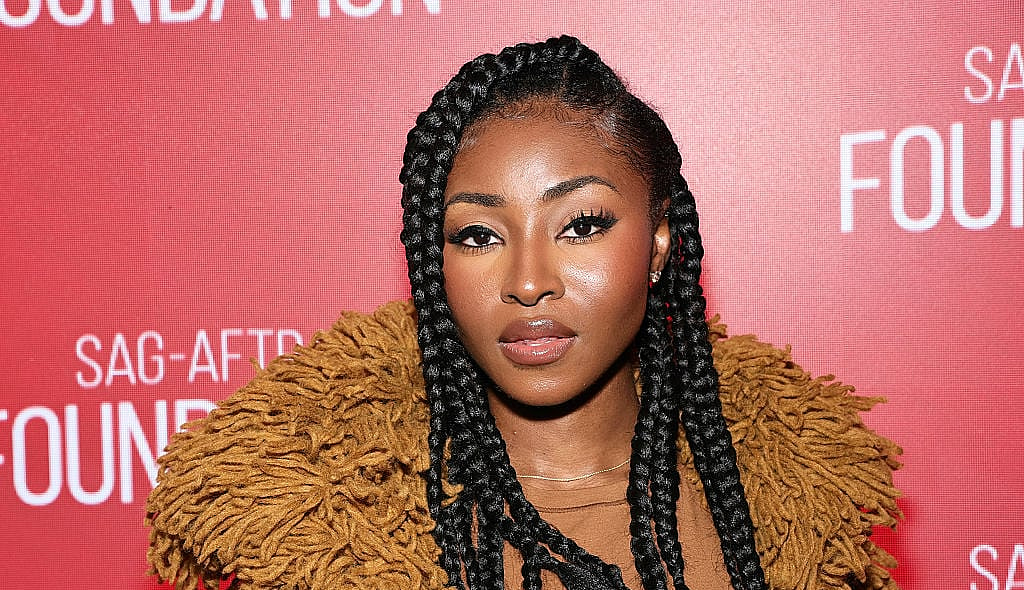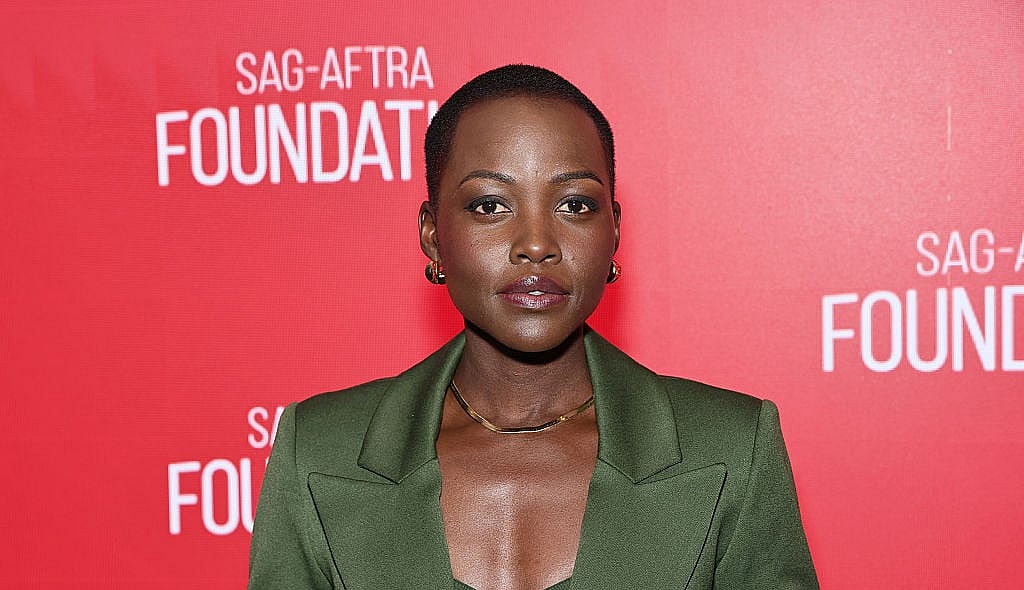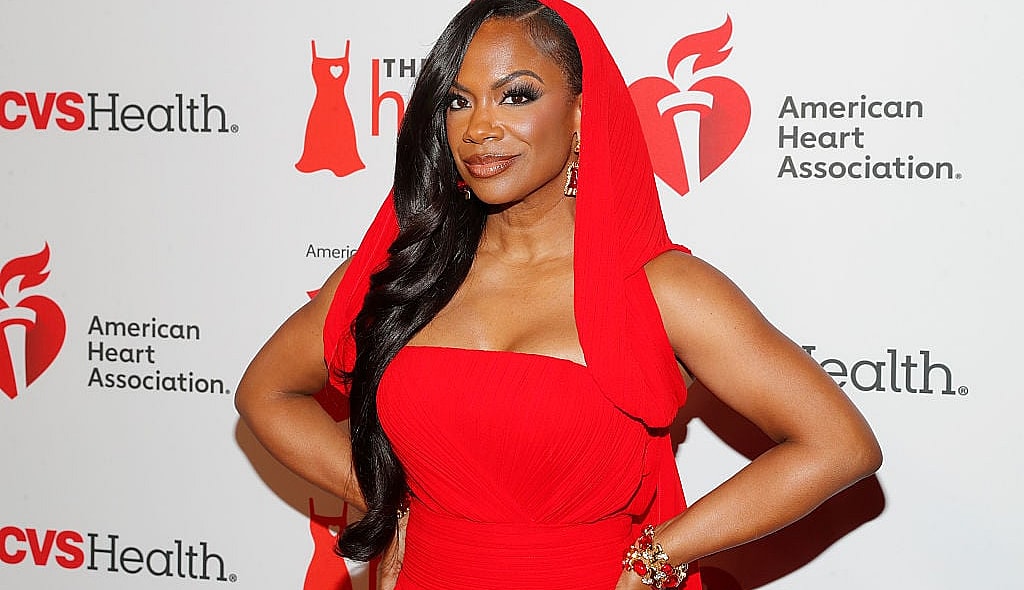LAS VEGAS (AP) — An ailing former Los Angeles-area gang leader has been denied release from a Las Vegas jail ahead of his trial in the 1996 killing of music legend Tupac Shakur, despite a bid by a hip-hop music figure to underwrite his $750,000 bond.
A Nevada judge rejected house arrest with electronic monitoring for Duane “Keffe D” Davis, 61, saying she wasn’t satisfied with assurances that Davis and his would-be benefactor — Cash “Wack 100” Jones — weren’t planning to reap profits from the sale of Davis’ life story.
A Nevada law prohibits convicted killers from profiting from their crime.
Clark County District Court Judge Carli Kierny said in her ruling issued Wednesday that a review of Jones’ financial records also did little to address her concerns that Jones might be a “’front’ or ‘middleman’ for the true bond poster.”
Davis has sought to be released since shortly after his arrest last September made him the only person ever charged with a crime in the killing, which has drawn intense interest and speculation for 27 years.
Prosecutors allege the gunfire in Las Vegas that killed Shakur stemmed from competition between East Coast members of a Bloods gang sect and West Coast groups of a Crips sect, including Davis, for dominance in a musical genre known at the time as “gangsta rap.”
Davis has pleaded not guilty to first-degree murder. His trial is scheduled for Nov. 4. If convicted, he could spend the rest of his life in prison.
After a 45-minute hearing Tuesday, Kierny said she was left with more questions than answers after Davis’ legal team tried to demonstrate the source of the funds.
Recommended Stories
Prosecutors have argued that Davis intends to benefit from retelling his story about the killing of Shakur and played a recording of a jailhouse phone call in which Jones describes to Davis a plan to produce “30 to 40 episodes” of a show based on his life story.
“It is an illegal benefit, profiting from this crime,” prosecutor Binu Palal told the judge. Palal didn’t respond to an email seeking comment Wednesday on the judge’s decision.
Jones, a music record executive who has managed hip-hop artists including Johnathan “Blueface” Porter and Jayceon “The Game” Taylor, offered sworn testimony Tuesday by video from an unspecified place in California.
He said he paid 15% of the bail amount, or $112,500, as “a gift” from his business accounts to secure Davis’ release.
Davis’ attorney, Carl Arnold, didn’t respond to emails or phone calls left at his office Wednesday seeking comment. A spokesperson for Arnold didn’t immediately have comment when reached by email.
The judge said in Wednesday’s 2-page order she wasn’t convinced the bail money was not being paid “out of profits from Mr. Davis discussing the killing of the victim in this case.”
While Jones testified he was bonding out Davis because Davis was fighting cancer and “had been a pillar of the community,” previous interviews “suggested another motive,” Kierney wrote.
She said Jones indicated there were “stipulations” on the bond and “that Mr. Davis would be signing a contract regarding the rights to his life story, ostensibly including the shooting of Mr. Shakur.” She said that was supported by a recorded phone call at the jail when Jones “insisted that a contract be signed before the bond premium was paid.”


